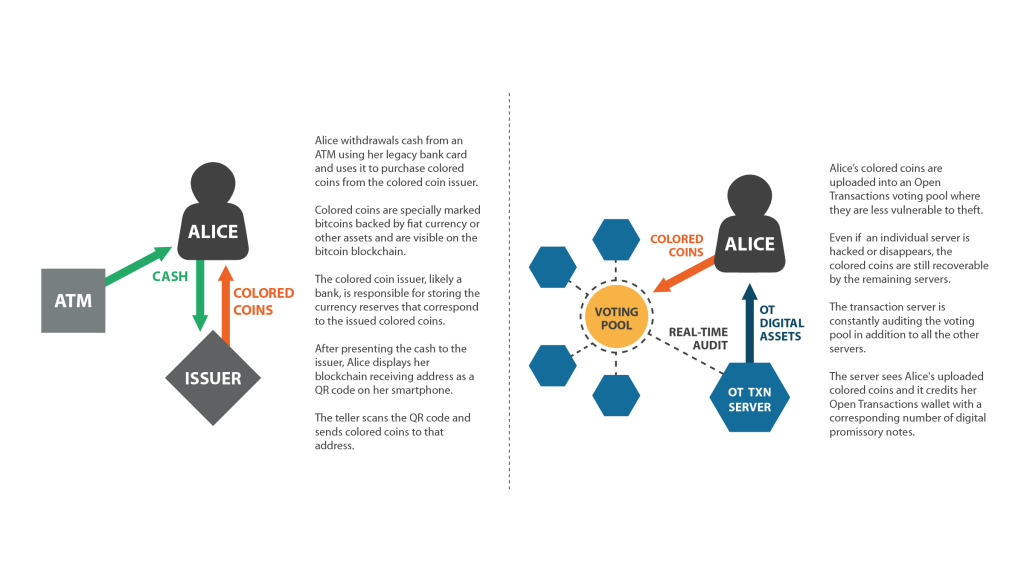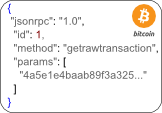
Bitcoins
We are pleased to announce that btcd, our full-node bitcoind (bitcoin core) alternative written in Go, now has support for the getwork RPC which allows it to function with cgminer!
We have extensively tested the code on testnet. The following is a sampling of the latest blocks we’ve generated on testnet using btcd + cgminer: 226713 226830 227228 227390 227393.
If you are simply interested in learning how to configure btcd to work with cgminer, you can view the setup instructions on the btcd wiki, however if you’re interested to learn about some of the nuts and bolts that make it all work, read on.
Isn’t getwork deprecated?
Before I dig into some of the details, I would like to touch on a topic that I’m sure some astute readers will undoubtedly be asking, which is “Why implement getwork when it has been deprecated in favor of getblocktemplate (BIP0022 and BIP0023)?”
There are a few reasons why we chose to implement it first:
- Supporting getwork was a lot less time consuming than getblocktemplate proposals and software such as cgminer still functions properly with getwork. This means we were able to release support for mining more quickly by supporting getwork first.
- The bulk of the work involved was the code to create and manipulate block templates which is used by both getwork and getblocktemplate. Thus it helps pave the way to supporting getblocktemplate proposals while allowing getwork to function in the mean time.
- The current reference implementation (bitcoin core) still supports getwork. Even though it will likely be removed in the next version, one of the goals of btcd is to be a drop-in alternative that can be used with existing infrastructures.
Continue reading →






